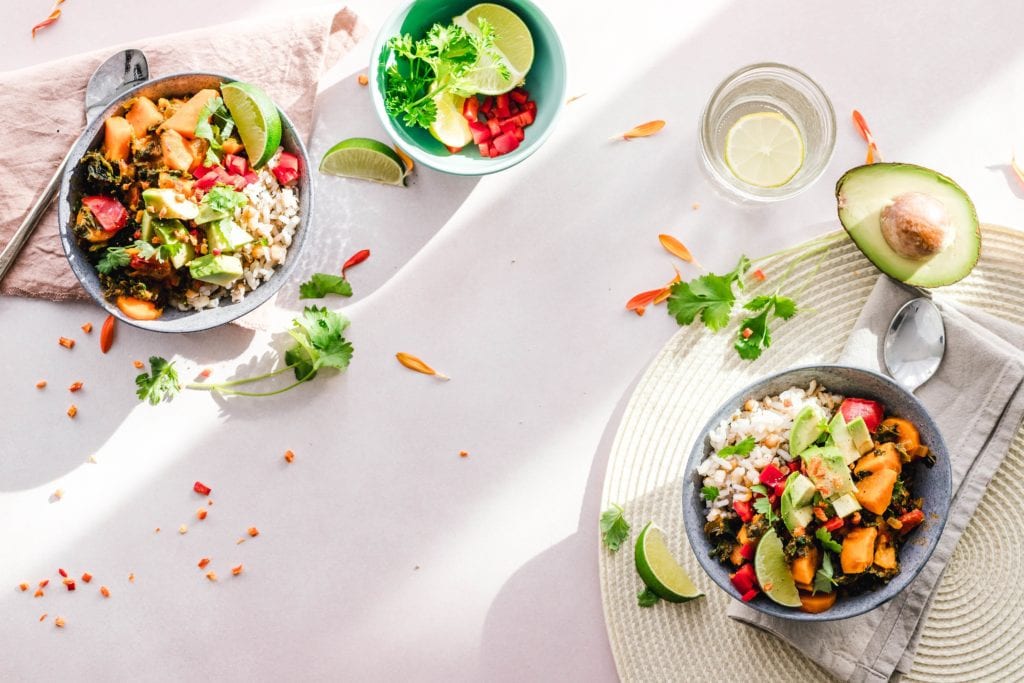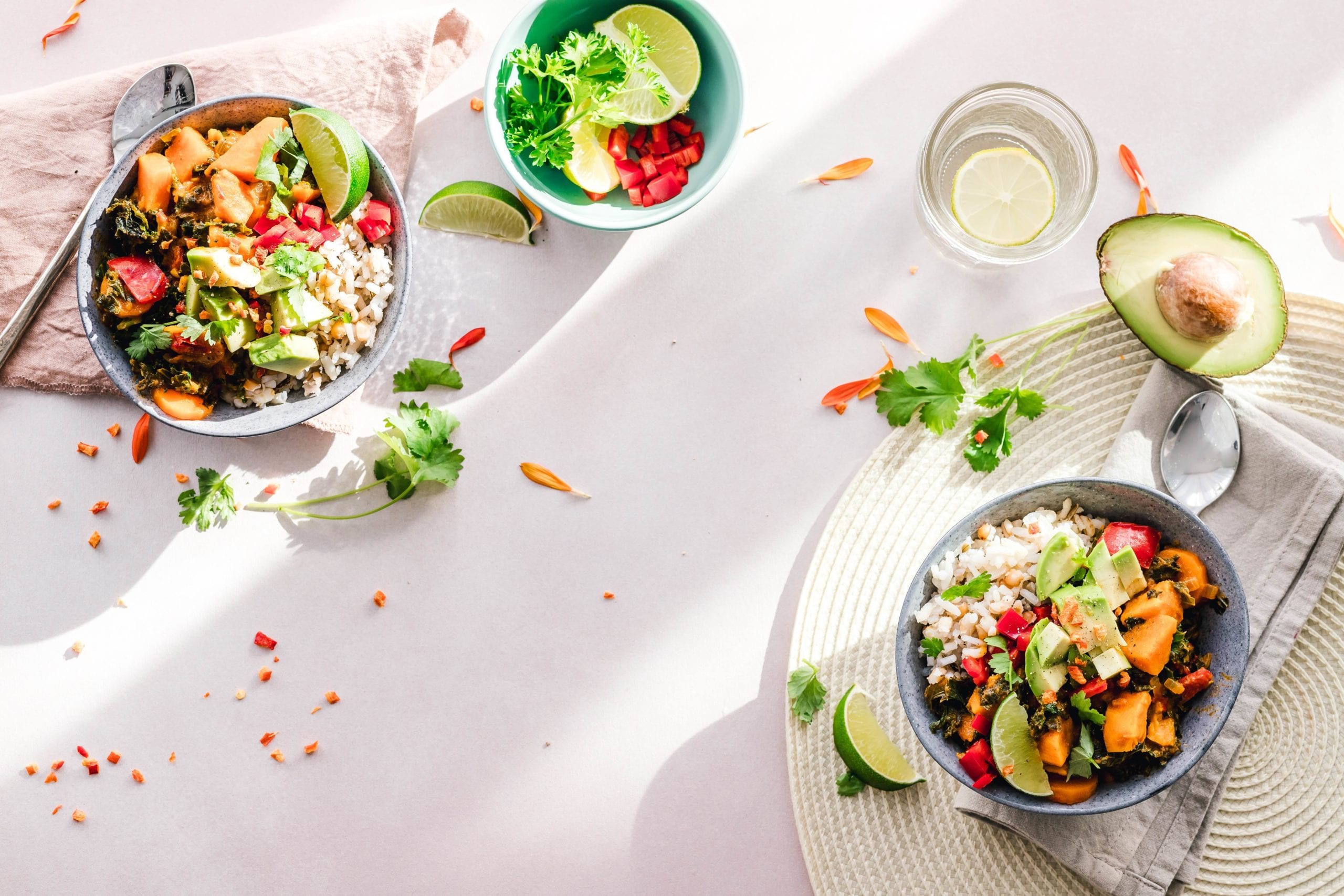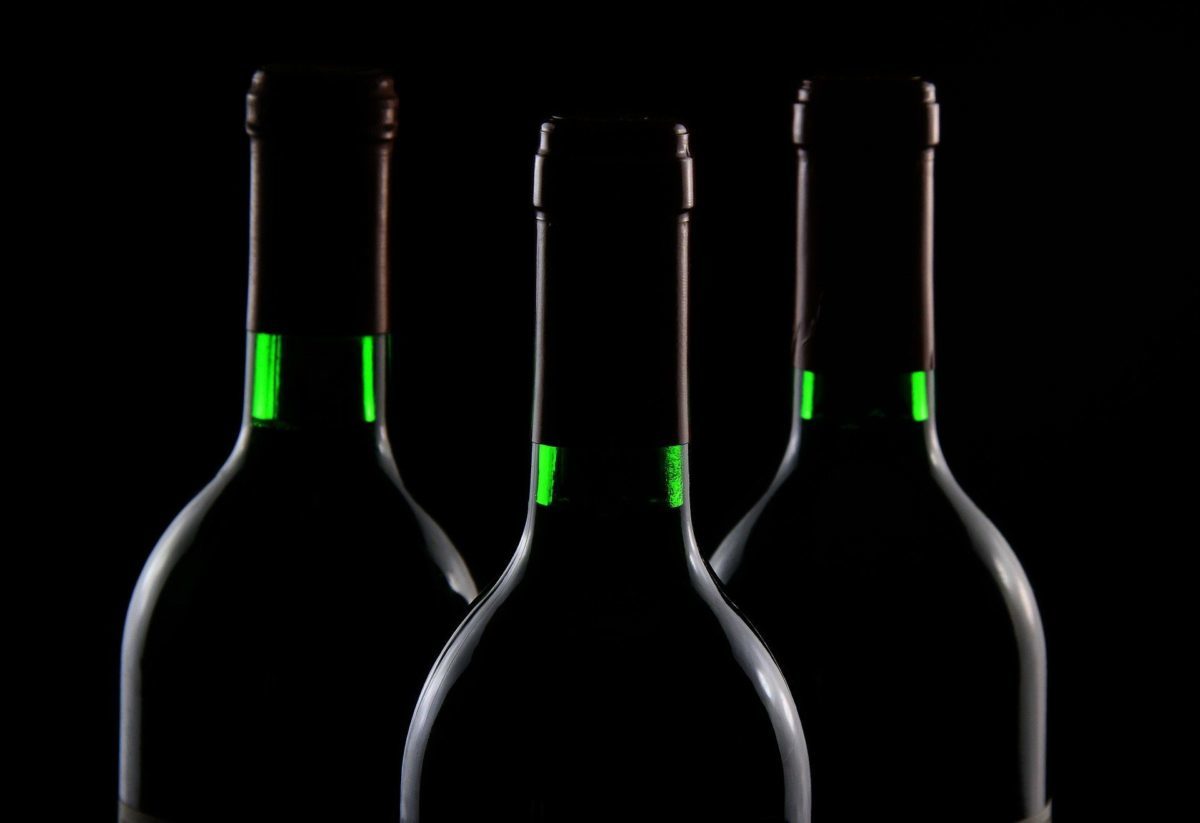More and more people are joining the veganism and vegetarianism movement. This is due to the fact that, in recent years, much more focus has been placed on this type of diet and has achieved a recognition that was previously relegated to the background by stereotypes such as that vegan or vegetarian food is boring or lacks flavor. However, it has been thanks to the commitment to alternatives to products of animal origin, which is what it is today: a way of life that begins with a diet considered healthy. However, just as it favors in some aspects, it has also been investigated that the vegan diet for bones it may not be the most suitable. Why? Let's find out.
What consequences does veganism have on our health?
The benefits of a vegan diet -composed of foods that are of plant origin-, they are undeniable; various studies have proven this. Obviously, the consumption of fruits and vegetables increases, providing many vitamins; In the same way, not eating meat - a food that, on the other hand, gives us other values that we will see later - also means doing without saturated fats, so present in these products. But beyond the obvious, a vegan diet reduce the cholesterol and cardiovascular risk and prevents heart disease and others such as type II diabetes.

Among other things, that is why this type of diet has more followers every day. And it is precisely due to the fact that it is becoming more and more widespread that the vegan diet is the subject of scientists who seek know all its benefits and shortcomings. Because the truth is that, just as it has advantages, it also has disadvantages. One that is being investigated is that of the negative effect of this diet for bone health. From the German Federal Institute for Risk Assessment, (BfrR), they want to evaluate and compare how vegan and omnivorous diets act in relation to our bones; Through a study they have determined that the second is healthier.
Bone health and the vegan diet
To get to those conclusions, the institute evaluated the bones of 36 omnivores and 36 other vegans. The examination was carried out through a ultrasonic measurement of the bones in the heel of the volunteers, which allows us to know the bone characteristics of our body. This, together with the use of biomarkers that identify nutrients linked to food and the state of the bones, showed that the group of vegan diet had lower levels and therefore worse bone health. Be that as it may, it is an idea that still needs the support from other studies to certify the results obtained.
Other shortcomings of vegan diets
Beyond the deficiencies of the vegan diet for bones, there are also others aspects that people who decide to eat this type of diet they must take into account. In the end, eliminating animal products limits the amount of food that can be eaten and that means there are nutrients for which you have to find a substitute. For example, the milk -containing vitamin B2-. Today there are many vegetable milks -almonds, soybeans, oats, hazelnuts, rice, etc-, and although in use they are similar, the truth is that they don't contain as much protein not as much calcium as that of cow.
There are more and more alternatives to foods of animal origin. Even foods that you might think are irreplaceable, such as eggThey now have a vegan double. No However, it is true that there are nutrients that, no matter how hard you try, are lost; It is worth mentioning the Vitamin B12, which is one of the great absences of a vegan diet. It is found in meat, fish, eggs, and dairy products, and the solution is a supplement that can be found in more and more supermarkets and pharmacies.
In short, whether we follow a vegan diet or not, the important thing is to do it as more balanced possible, and that is only achieved by paying attention to nutrients such as vitamins that our body requires in order to be one hundred percent healthy. Either in the bones or in other parts of our body.







